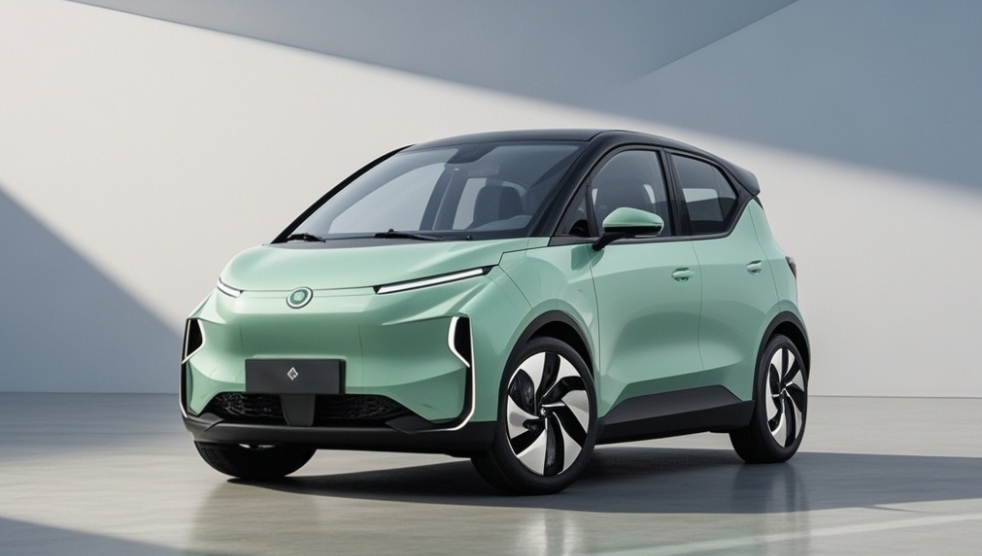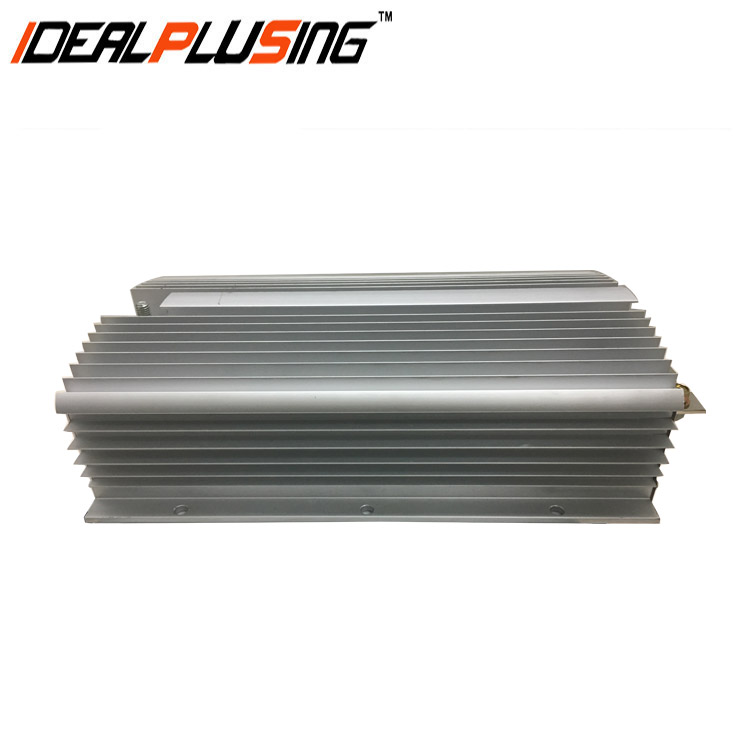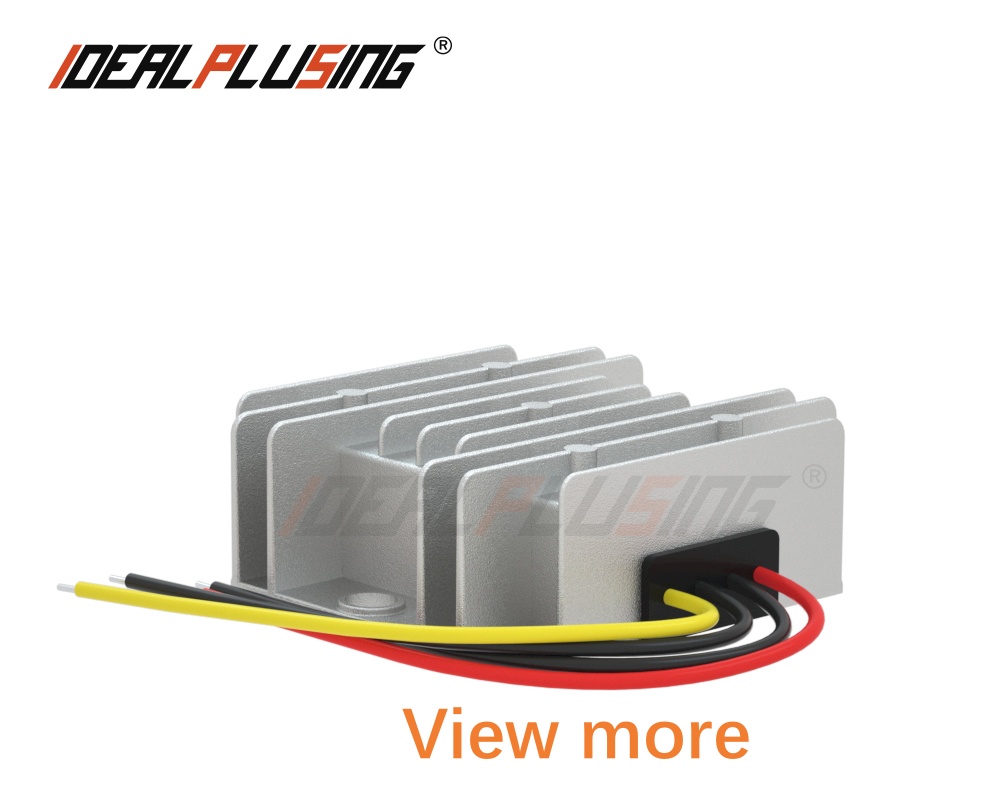A DC-DC converter is a device that temporarily stores electrical energy in order to convert direct current (DC) from one voltage level to another. In automotive applications, they are an essential intermediary between systems at different voltage levels throughout the vehicle.
Control circuits have played the role of DC-DC converters in the traditional 12V electrical architecture that has dominated the automotive industry since the 1950s. Over the decades, new features and innovations have increased the complexity of automotive electrical/electronic architectures, including the introduction of cruise control in the 1950s, emissions control features in the 1970s, and power centers in the 1990s. DC-DC converters have enabled this growth by stepping down the power from the 12V battery to lower voltage electrical systems such as instrument panels, entertainment systems, LED lighting, and sensors, which require only 3.3V. These low-voltage DC-DC converters remain an essential component of control circuits in all of today’s vehicles—whether they are internal combustion engine vehicles or fully electric vehicles (BEVs).

BEVs introduce much higher power levels, requiring more powerful DC-DC converters. Systems above 60V are considered high voltage; typical BEV batteries range from 400V to 800V. For example, voltages to power air conditioning equipment must be stepped down to 48V, and voltages to power numerous electronic devices throughout the vehicle must be stepped down to 12V or less. Voltages may also have to be stepped up—for example, if a 400-volt battery is connected to an 800-volt charging station.
The expansion of software functionality, including active safety, connectivity, and infotainment, has only increased the complexity of low-voltage architectures. Pure electric vehicles must provide enough power to drive the car's wheels while also being able to drop the current to run all the low-voltage devices that make up the software-defined vehicle. They need to be reliable enough to meet the functional safety requirements of autonomous driving features and advanced driver assistance systems.
DC-DC Converters for High-Voltage Applications
High-voltage DC-DC converters are larger and heavier than low-voltage converters because additional shielding is required to protect nearby components from electromagnetic interference generated by the increased current flow. As electric vehicle designers look to reduce size and weight as much as possible to extend the vehicle's driving range, they turn to DC-DC converters with higher power density, measured in kilowatts of power per unit volume.
The challenge is to optimize space while maintaining the highest possible safety and efficiency. While some automakers retain a 12V battery in addition to the main 400V or 800V battery, emerging designs achieve higher efficiency by combining larger batteries with more complex DC-DC converters, eliminating the weight, cost, and maintenance of a separate 12V battery.

The software that runs the DC-DC converter is key to ensuring that the conversion remains efficient, and understanding the entire vehicle architecture provides information for software and hardware design.
In short, DC-DC converters for high-voltage applications are widely used in power electronics, industrial automation, new energy, medical equipment, communications and other fields. When selecting a high-voltage DC-DC converter, it is necessary to consider the input and output voltage, power, efficiency, reliability, volume and other factors according to the specific application requirements and select the appropriate product.







